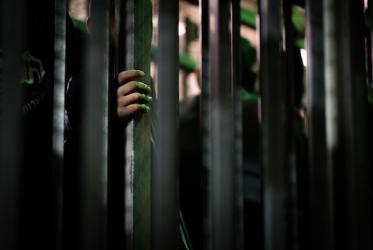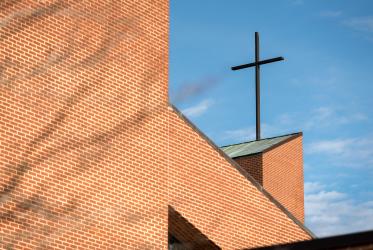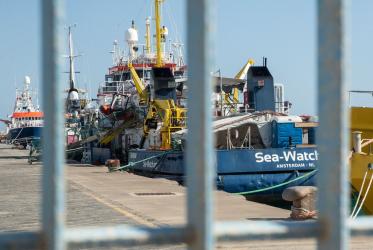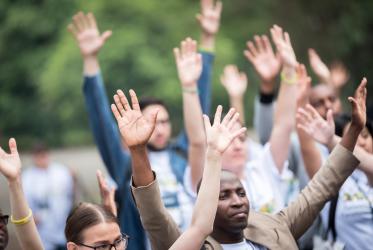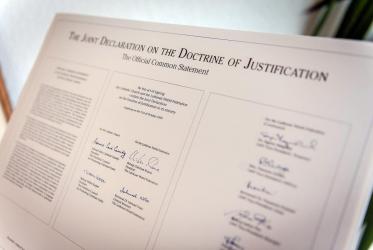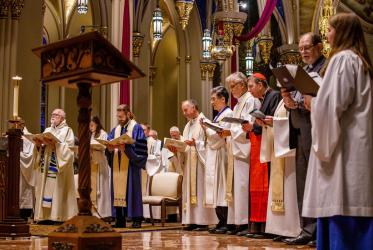Displaying 141 - 160 of 445
‘European humanitarian corridor’ proposed
02 May 2019
International Labour Organization celebrates 100 years
15 April 2019
A faith-based, holistic approach to HIV and AIDS-care
13 March 2019
Faith and HIV treatment go hand in hand
06 March 2019
Turning mercy and compassion into action
04 March 2019
On the journey to HIV – bridging gaps, debunking myths
21 February 2019
